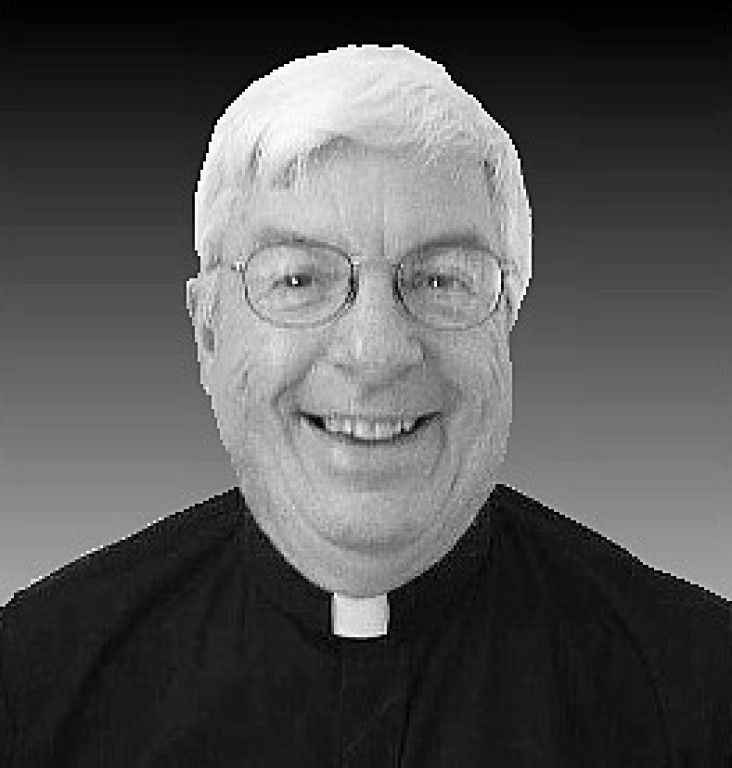 Overcoming the Paralysis of Fear
Overcoming the Paralysis of Fear
Homily for the Twelfth Sunday in Ordinary Time
June 21, 2020
You may have heard of the famous Wallenda family. The story is told of Karl Wallenda, who lived on top of the world as high-wire aerialist, thrilling thousands of people with his daring stunts on the tight rope. Then, one fateful day in 1978, Karl Wallenda tragically fell to his death before a large audience in Puerto Rico. What happened?
According to his widow, Karl had never been one to know fear. Self-confidence marked his style, until he started worrying. Little details of safety preoccupied his mind. He checked and double checked the tightrope to make sure it was secure. He even examined the guide bolts, which he had never done before. This was a different Wallenda. For the first time, instead of focusing on walking the wire, he concentrated on not falling. From then on Wallenda was an accident waiting to happen. His widow felt that it was inevitable that Karl would fall. This type of fear is now known as the Wallenda factor: being so afraid of failure that you dwell on the negatives.
In the gospel reading for this Twelfth Sunday in Ordinary Time (Matthew 10:26-33) Jesus speaks about God’s loving goodness, not only to us, but to all of creation. “Are not two sparrows sold for a small coin? Yet not one of them falls to the ground without your father’s knowledge. Even all the hairs on your head are counted. So do not be afraid; you are worth more than many sparrows.” We know that Jesus abandoned himself to God’s providential care, not even having a place of his own, or anywhere to lay his head. In the end, he even abandoned himself to the cross, praying, “Father, into your hands I commit my spirit.”
Life itself is a risk that we must take. It makes sense to be prudent in a careful way, but that does not mean that we should be paralyzed by fear. For example, the current pandemic should lead us to wear a mask when in public, wash our hands often, and practice social distancing. These are simple precautionary steps we can take out of love for ourselves and for others. However, where do you draw the line? Of course, the answer will be different for each of us, depending on our age, underlying medical conditions, state of immunity, etc. But are we to become so afraid that we become prisoners of fear?
St. Paul went on three long and demanding missionary journeys, all to make Christ known. He endured terrible hardships, but did not let adversity beat him down. Here is how he describes his life: “But we have this treasure in jars of clay to show that this all-surpassing power is from God and not from us. We are hard pressed on every side, but not crushed; perplexed, but not in despair; persecuted, but not abandoned; struck down, but not destroyed” (2 Corinthians 4:7-9). Paul had learned that not a sparrow falls to the ground without God knowing it, that every hair on his head was counted, that both life and God could be trusted.
An anonymous author notes that, according to the National Bureau of Standards, a dense fog covering seven city blocks to a depth of a hundred feet is composed of something less than one glass of water. This can be compared, he argues, to the depth of the things we worry about in life. If we could see problems in their true light, they would not blind us to living itself, but viewed in their true size and perspective, could probably be reduced to a single drinking glass.
In the now famous icon of the Divine Mercy of Jesus, as revealed to St. Faustina, our Lord asked that the signature read, “Jesus, I trust in you.” In the story of the raising of the synagogue official’s daughter, when it is reported that the child has died, Jesus says, “Fear is useless; what is needed is trust” or “Do not be afraid; just have faith and she will be saved” (see Luke 8:50).
Today’s scripture thus invites us to entrust ourselves to life, knowing that even though there are risks, our lives are ultimately in the hands of a loving God. Meditating on Jesus’ words can help us to break out of the prison of overblown fear, as we pray, “Jesus, I trust in you.”
You might also like
Father's Homilies




